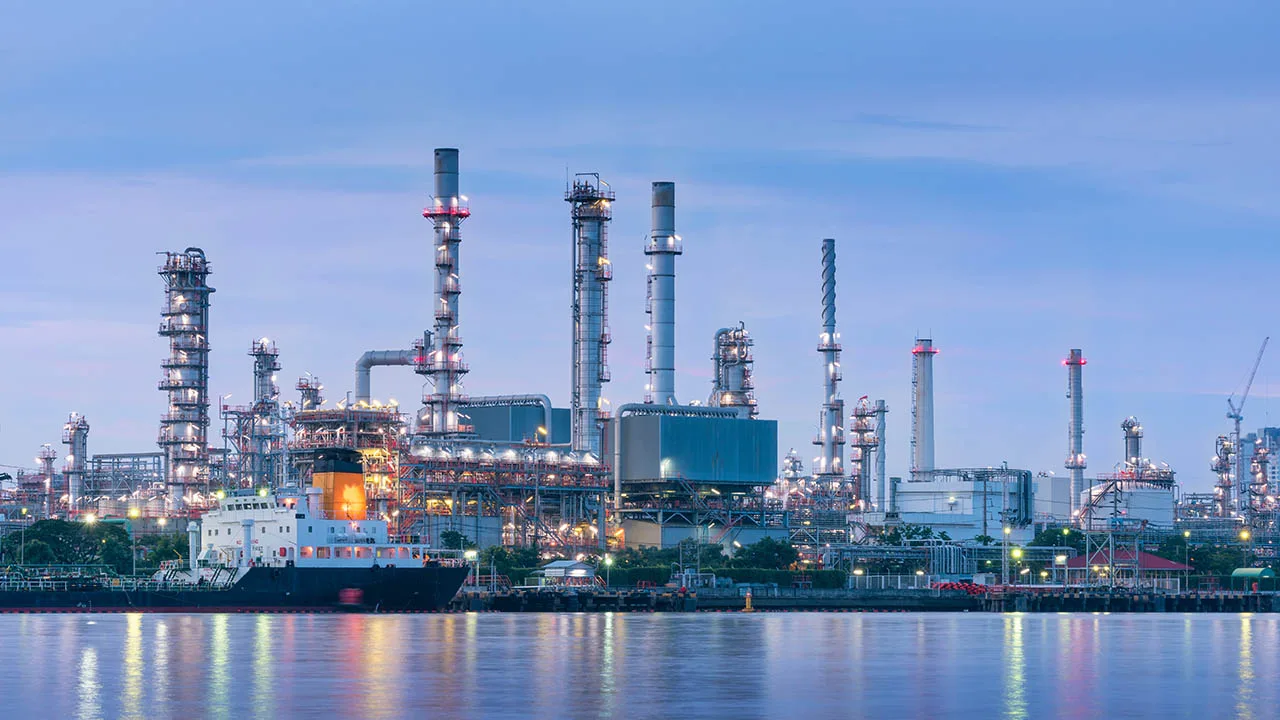Crystallization is one of the most vital processes in the separation and purification of industrial products. From chemicals and pharmaceuticals to food and renewable materials, crystallization allows manufacturers to produce high-purity solids by controlling supersaturation, nucleation, and crystal growth.
At RCM Thermal Kinetics, we specialize in custom-engineered crystallizer systems that deliver efficiency, scalability, and precise control. Among the various designs available, our expertise focuses on four proven categories: Evaporator Crystallizers, Draft Tube Crystallizers, Submerged Circulating Crystallizers, and Cooling Crystallizers.
This article explains how each system works, the advantages they provide, and how RCM Thermal Kinetics tailors these technologies to client needs.
What Is Crystallization?
Crystallization is the process of forming solid crystals from a solution through supersaturation. Industrial crystallization plays a critical role in:
- Pharmaceuticals – Producing APIs (Active Pharmaceutical Ingredient) with precise particle size.
- Chemicals – Manufacturing salts, fertilizers, and specialty chemicals.
- Food & Beverage – Manufacturing sugar, dairy powders, and other food products.
- Renewables – Recovering high-value compounds from bio-based feedstocks.
Choosing the right crystallization equipment is essential for process efficiency, energy use, and crystal quality.
Evaporator Crystallizers
Evaporative crystallization increases solute concentration by evaporating the solvent. As the concentration rises, the solution becomes supersaturated, leading to nucleation and subsequent crystal growth.
How It Works
- Solvent evaporates under controlled heating.
- Rising concentration triggers supersaturation.
- Nucleation begins, followed by crystal growth.
Advantages
- Produces high-purity crystals.
- Adaptable to a wide variety of materials.
- Compatible with energy recovery and heat integration.
RCM Expertise
We engineer evaporator crystallizers for applications ranging from small specialty processes to full-scale bulk production, always designed for efficiency and consistent crystal size.
Draft Tube Crystallizers
Draft Tube Crystallizers are continuous vacuum evaporating systems that use a low-speed propeller to circulate solution upward through a draft tube. The mixture reaches the boiling surface where evaporation and supersaturation occur, then flows back downward.
How It Works
- A propeller drives solution through a draft tube.
- Evaporation promotes supersaturation.
- Controlled circulation minimizes wall deposition.
Advantages
- Suitable for small capacity applications.
- Moderate control of crystal size and uniformity.
- Reduced fouling from supercooling control.
RCM Expertise
We design draft tube crystallizers to optimize circulation, minimize scaling, and maintain consistent product quality for moderate production volumes. e more competitive, more profitable, and better aligned with long-term sustainability goals.
Submerged Circulating Crystallizers
Submerged Circulating Crystallizers rely on either external or internal circulation to maintain supersaturation and promote controlled crystal growth.
How It Works
- External circulation: Solution is pumped at high velocity through heat exchanger tubes, minimizing surface fouling while providing evaporation energy.
- Internal circulation: A propeller drives solution through a draft recirculation tube, using hot feed input for energy.
Advantages
- Well-suited for large capacity production.
- Produces small, pure crystals consistently.
- Flexible between external and internal circulation designs.
RCM Expertise
Our engineering focuses on energy-efficient designs that scale to high-volume production while maintaining uniform crystal quality.
Cooling Crystallization
Unlike evaporative systems, cooling crystallization relies on temperature changes to drive supersaturation. Because solubility depends on temperature, lowering the solution temperature reduces solubility, forcing crystals to form.
Cooling crystallization is performed through indirect heat transfer or direct vacuum cooling, both of which reduce temperature to encourage nucleation and crystal growth.
How It Works
- Solution is cooled through heat transfer or reduced pressure.
- A portion of the solvent evaporates under vacuum, releasing latent heat.
- The bulk solution cools, causing solute to crystallize.
Advantages
- Lower energy demand compared to full evaporation.
- Ideal for heat-sensitive materials.
- Multiple configurations for specific needs.
Types of Cooling Crystallizers
1. Vacuum Cooling Crystallizers
- Operates in batch or continuous mode.
- Batch mode: Crystals form uniformly, each exposed to the same process time, ensuring consistent size.
- Continuous mode: Enables tight process control, high purity, and efficient operation.
2. Continuous Cooling Crystallizers
- Removes slurry to a centrifuge.
- Dilute solution returns to an evaporator for concentration.
- Concentrated warm solution feeds back into the cooling crystallizer.
3. Scraped Surface Crystallizers
- Vessel walls are chilled, causing crystals to form on surfaces.
- Rotating blades scrape crystals from the wall, returning them to solution for growth.
- Final slurry is removed for centrifugation and separation.
RCM Expertise
We design cooling crystallizers for applications requiring precise control, high product purity, and energy efficiency. Whether batch, continuous, or scraped surface, our systems are tailored for client-specific requirements.
Choosing the Right Crystallizer
Selecting between evaporator, draft tube, submerged circulating, or cooling crystallizers depends on:
- Product scale (small vs. large capacity).
- Crystal size needs (fine, uniform, or coarse).
- Material properties (heat-sensitive vs. stable).
- Energy efficiency and sustainability goals.
At RCM Thermal Kinetics, our process begins with pilot studies and feasibility evaluations, ensuring the right crystallizer is engineered for long-term performance and ROI.
Custom-Engineered Systems from RCM Thermal Kinetics
Our advantage lies in delivering tailored crystallization solutions, not off-the-shelf equipment. With decades of experience in evaporation, distillation, and crystallization, we provide:
- Detailed process development.
- Custom system design and fabrication.
- Integrated automation and controls.
- Full scale-up support, from pilot plant to commercial scale.
Industries We Serve
- Pharmaceuticals – High-purity APIs with consistent particle size.
- Chemicals – Bulk salts, fertilizers, specialty chemicals.
- Food & Beverage – Sugar refining, dairy powders, sweeteners.
- Renewables – Co-product recovery and bio-based chemicals.
Conclusion: Smarter Crystallization with RCM Thermal Kinetics
The right crystallization equipment ensures consistent quality, efficiency, and long-term process reliability. Whether your needs call for evaporator crystallizers for versatility, draft tube crystallizers for moderate-scale precision, submerged circulating crystallizers for bulk production, or cooling crystallizers for heat-sensitive processes, RCM Thermal Kinetics delivers systems designed for success.
By combining deep process expertise with custom engineering and Pilot Plant Testing, we help clients achieve higher purity, energy efficiency, and sustainable growth. Get in touch with our engineers today.
